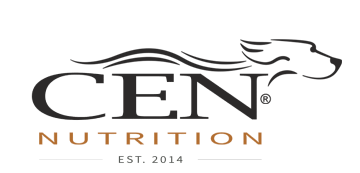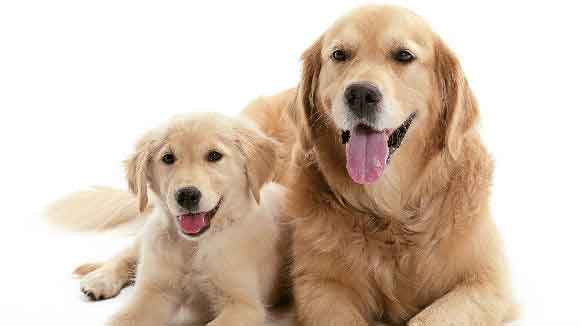
What Foods Contain Phytoestrogens?
Fertility Studies With Linseed In Other Animals
Is CEN Oil Is Safe For Breeding Dogs?
DOES LINSEED OIL CAUSE INFERTILITY IN DOGS?
There are currently no studies to verify whether or not linseeds cause infertility. It’s important to start with the fact that the portion (phytoestrogens) of the linseed in question is removed during the linseed oil extraction process. Therefore linseed oil does not contain phytoestrogens.
Phytoestrogens are substances that occur naturally in plants. They have a similar chemical structure to the body’s oestrogen (one of the main female hormones) and are able to bind to the same receptors that oestrogen does. Phytoestrogens are found in the carbohydrate portion of the linseed.
Different types of phytoestrogen include:
- Lignans (found in linseed, grains and vegetables)
- Isoflavones (found in soy and other legumes such as chickpeas, mung beans and alfalfa)
- Coumestans (found in lucerne and clover sprouts, and sprouted Legumes such as mung beans and soy sprouts)
WHAT FOODS CONTAIN PHYTOESTROGENS?
GRAINS
- Oats
- Rice
- Barley
- Quinoa
- Rice Bran
- Rye
- Wheat germ
SOY PRODUCTS
- Soy Beans
- Tofu
- Whole soybean soy milk
SEEDS & NUTS
- Linseed Meal (Not linseed oil)
- Sesame seeds
- Sunflower seeds
- Pistachios
- Almonds
LEGUMES
- Chickpeas
- Lentils
- Red Kidney Beans
- Lucerne
- Mung Beans
The lignan is in the carbohydrate part and is separate to the oil part of the seed. Linseed Oil does not contain carbohydrates so therefore contains no lignan (phytoestrogens).
FERTILITY STUDIES WITH LINSEED IN OTHER ANIMALS
Fertility studies on other animals supplemented with linseed found no negative effects on reproductive performance.
A 2012 titled ‘Effects of diets enriched in different sources of fatty acids on reproductive performance of Zel sheep‘ found that there was no difference in reproductive indices, including: fertility rates, prolificacy and sex ratio of lambs among groups. In conclusion, diets enriched in Omega 3 and Omega 6 prior to mating did not affect reproductive performance, insulin, IGF-1 and progesterone in Zel sheep.
A study in 2015 titled ‘Milk yield and reproductive performance of dairy heifers and cows supplemented with polyunsaturated fatty acids‘ – this study was based around extruded linseed (Flaxseed) and soybean as sources of polyunsaturated fatty acids.
Fat sources containing PUFAs are recommended for dairy cattle supplementation, since they improve fertility in heifers and milk yield in cows. Due to a higher conception rate was found for supplemented heifers, but not for cows.
Additionally supplementation had a positive effect on profitability, with significant increases in milk yield in supplemented cows, but not in heifers. Treatments had no effect on milk fat content, but higher milk protein contents were observed with supplementation.
A study ‘Effect of feeding rolled flaxseed on milk fatty acid profiles and reproductive performance of dairy cows‘ found that feeding flaxseed (linseed) at 0.85 kg/cow per day (DM basis) altered the fatty acid profile of milk, but milk yield, milk composition, and reproductive performance of dairy cows were not affected.
A study titled ‘Lower Pregnancy Losses in Lactating Dairy Cows Fed a Diet Enriched in α-Linolenic Acid‘. The objectives were to determine if a diet enriched in Omega 3 ALA would influence ovarian function, early embryo survival, conception rates, and pregnancy losses in lactating dairy cows. Flaxseed (linseed) and Sunflower seeds were used in this study.
They found that pregnancy losses were lower in cows fed Flaxseed (9.8%) compared with those fed Sunflower seeds (27.3%).
Increases in the size of the ovulatory follicle and reduced pregnancy losses were seen when flaxseed (linseed) was included in the ration of dairy cows.
IS CEN OIL SAFE FOR BREEDING DOGS?
CEN Oil is a healthy and safe Omega 3 source for dogs. There are no conclusive studies in dogs that phytoestrogens affect fertility.
Additionally the extraction process removes the carbohydrate portion of the seed therefore the oil contains no phytoestrogens. CEN Oil is highly beneficial for all dogs due to the anti-inflammatory properties it promotes and the cool source of calories.

